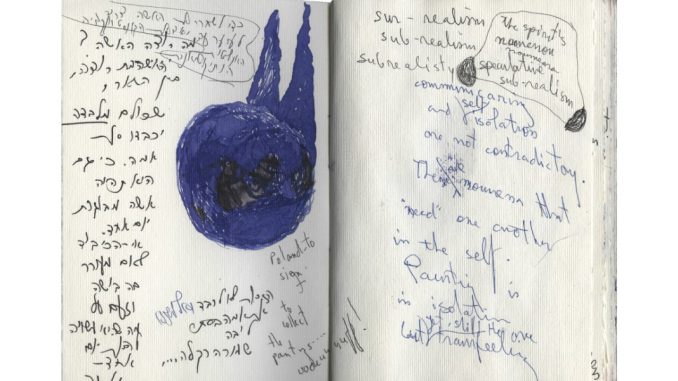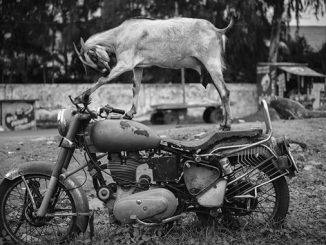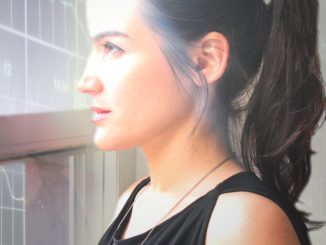
Bracha Lichtenberg-Ettinger from psychoanalysis to creation
Bracha Lichtenberg-Ettinger was born in Tel Aviv and is of Israeli and British nationality.
She lives and works mainly between Paris and Israel. Painter and photographer, heiress of the Shoah and its consequences (she was born just after the war), doctor in philosophy of art, she is a practising psychoanalyst and theorist influenced by Ronald Laing, Piera Aulagnier, Françoise Dolto, Lacan, Jacques-Alain Miller, among others.
Dividing his time between analytical work and creation, the artist, through his works, shows a world marked by traces: the physical traces of words and imprints.
She practises a selection of glances which functions in sections in her work.
And this by bringing to light (often dark) an intimacy hidden from view: that of the unconscious.
His plastic work does not pretend to “explain” it in any way, but to give it what we will call an attempt to “bite” it.
Faced with the hindrance of words it is a matter of delivering or opening other streams of light.
For her and as she writes: “Painting is not caught up in theory; it produces the theoretical. Thinking of art in terms of psychoanalysis is inseparable from thinking about sexual difference, art being introduced through sexuality: through the libido, the object”. an object always partially given in spheres traversed by desire, fantasy, the object and “the soul to a third party” as Lacan wrote.
The work of art is thus the means to discover the archaic through the new that the image approaches in its folds and folds.
The artist can be called an iconoclast, nevertheless, adept of a postmodernist art that no longer separates figuration and abstraction, she tries to achieve transparency effects in a deep game of eros and thanatos. Both escape the reduction of banality. Bracha Lichtenberg opens up fields to their “dislocation”. There exists what Marlene Dumas pioneered: the exit from the stage not of an illusion but of “Illusion for the benefit of obscenity”: that is to say, what is off stage, transesthetic.




Be the first to comment